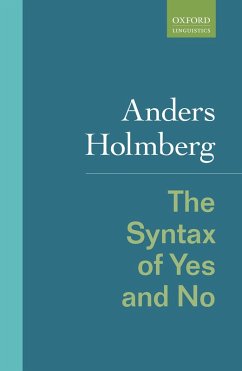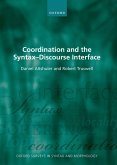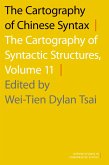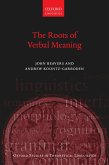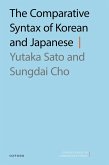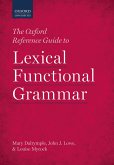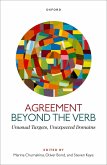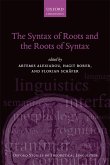This book is a cross-linguistic study of the syntax of yes-no questions and their answers, drawing on data from a wide range of languages with particular focus on English, Finnish, Swedish, Thai, and Chinese. There are broadly two types of answer to yes-no questions: those that employ particles such as 'yes' and 'no' (as found in English) and those that echo a part of the question, usually the finite verb, with or without negation (as found in Finnish). The latter are uncontroversially derived by ellipsis, while the former have been claimed to be clause substitutes. Anders Holmberg argues instead that even answers that employ particles are complete sentences, derived by ellipsis from full sentential expressions, and that the two types share essential syntactic properties. The book also examines the related cross-linguistic and intralinguistic variation observed in answers to negative questions such as 'does he not drink coffee?', whereby 'yes' in one language appears to correspond to 'no' in another. The book illustrates how a seemingly trivial phenomenon can have the most wide-ranging consequences for theories of language, and will be of interest not only to theoretical linguists but also to students and scholars of typological and descriptive linguistics.
Dieser Download kann aus rechtlichen Gründen nur mit Rechnungsadresse in A, B, BG, CY, CZ, D, DK, EW, E, FIN, F, GR, HR, H, IRL, I, LT, L, LR, M, NL, PL, P, R, S, SLO, SK ausgeliefert werden.

